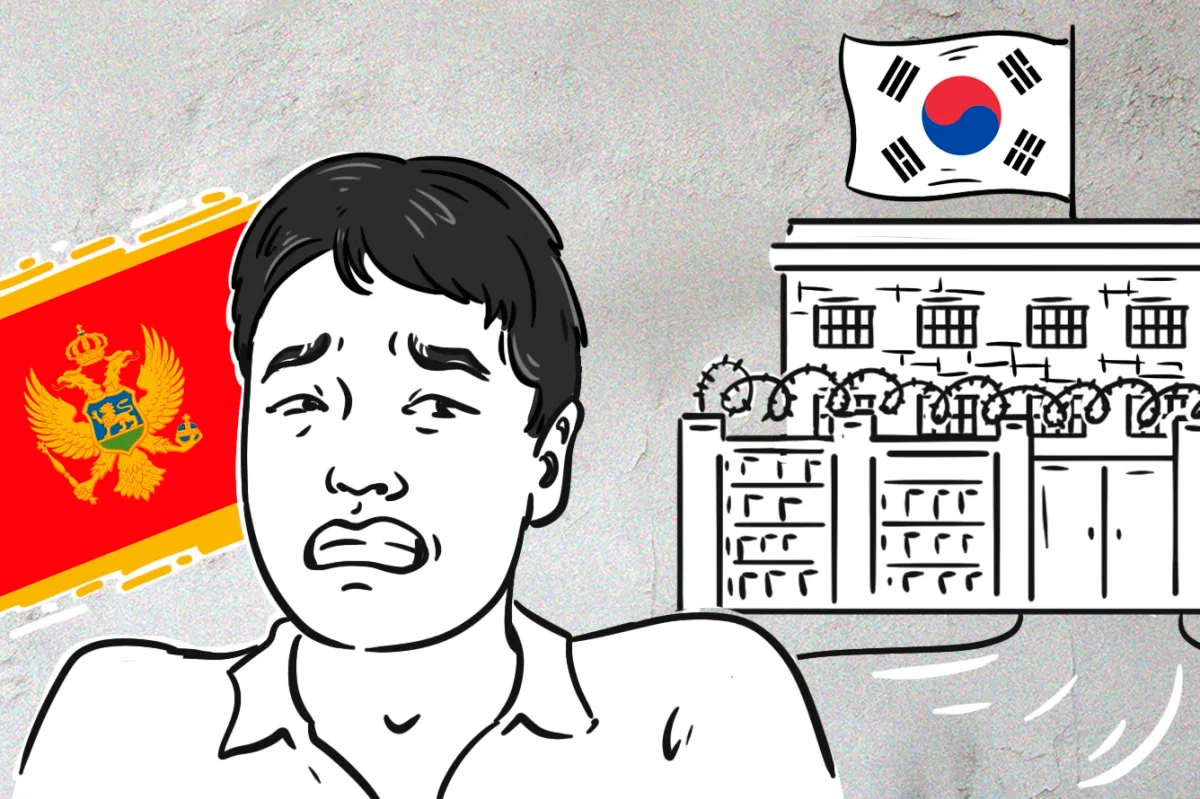
After the $40 billion hole he left in the cryptocurrency market following the collapse of the algorithmic stablecoin TerraUSD in 2022, Do Kwon is now associated with another hole - this time in the reputation of the Montenegrin justice system.
The extradition case of the former CEO of Terraform Labs will now undergo a retrial. The decision by the Court of Appeals of Montenegro comes after it asserted that the process so far had been "affected by significant violations."
The legal gibberish used by the judges who decided on Kwon's extradition is, in fact, just gibberish. According to a translated version of the latest court ruling, "the wording of the decision is incomprehensible, the decision has no reason for decisive facts, and the reasons given are unclear."
Kwon, who was arrested last March trying to flee Montenegro using false documents, faces several criminal charges related to cryptocurrency fraud in both the U.S. and his homeland of South Korea.
According to a Wall Street Journal investigation, Montenegro's "top justice official" had said in private conversations that he planned to send Terraform Labs' co-founder to the U.S., ignoring South Korea's claims to custody.
Despite being Kwon's mother country and having put forward the extradition claim before the U.S., South Korean intentions were indeed ignored, as confirmed by the Court Of Appeals.
The decision to extradite the alleged crypto criminal was first taken last November, but Kwon appealed the ruling, which was overturned in early December. The High Court of Montenegro again ruled that the extradition claims met the minimum legal requirements on December 29. And again, the lawyers of the South Korean tech entrepreneur contested the decision.
In January, and despite having appealed the extradition claims twice in the Montenegro courts, his legal team convinced a New York federal judge to postpone the trial case against Kwon and Terraform Labs until mid-March on the grounds that the former tech entrepreneur would likely be in the country by then.
However, when the U.S. judge decides on the eight criminal charges against him for allegedly orchestrating a $40 billion scheme with TerraUSD, Kwon will now not be in New York, but still in Podgorica fighting the extradition claims once more.
The first step of the retrial will be to assert if the case meets the minimum legal requirements for Kwon to be extradited - which only happens if both Montenegro and the extradition country recognize the crime. After that, the courts must decide whether Kwon will return home or go to the U.S.
If Kwon is sent to South Korea, he might be looking at spending the rest of his life behind bars. In July, a new law implementing stronger punishments for unjust enrichment with cryptocurrencies will enter into force. The Virtual Asset Users Protection Act update dictates that criminals who illegally made more than 5 billion won ($3.8 million) will face a life-sentence.

